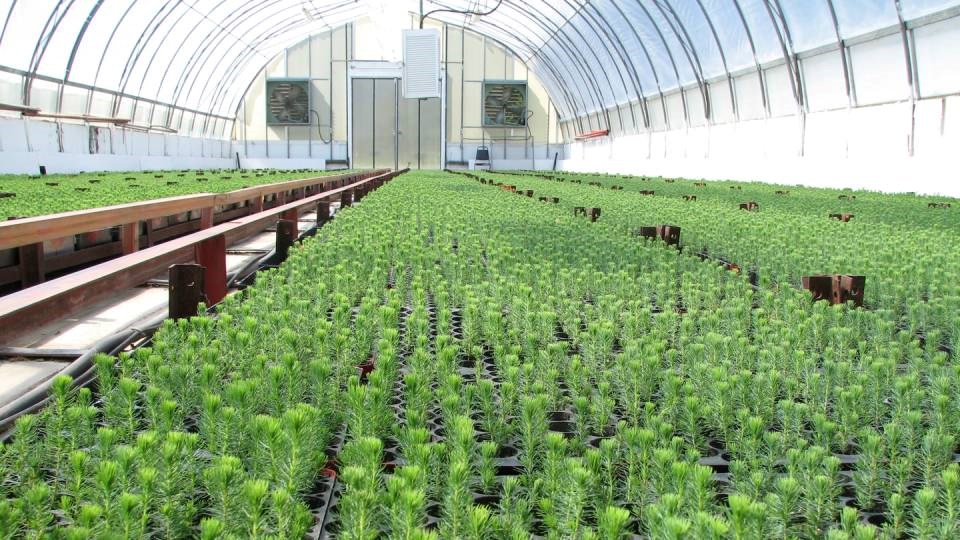Niigaaniin Services, a social service agency that delivers social well-being supports to eight North Shore communities, is partnering with Thessalon First Nation to repurpose their Bio Centre.
The Bio Centre includes 80 acres of farmland, 16 greenhouses, cold storage, and a certified organic food processing and packaging facility. The land was formerly a tree nursery run by the Ministry of Natural Resources until Thessalon First Nation purchased the property in 2000.
In addition, the North Shore Tribal Council, Mamaweswen, has invested over $1 million to retrofit the facilities. Once the facilities are upgraded they will grow and distribute healthy foods to North Shore communities and off-reserve members through the Friendship Centre in Elliot Lake.
Niigaaniin Services calls the Bio Centre project Kinoomaagewin, which will be a regional hub for holistic wraparound social services for eight communities in the Robinson Huron Treaty area, which includes Atikameksheng Anishnawbek, Batchewana First Nation, Sagamok First Nation, Mississauga First Nation, Ketegaunseebee Garden River First Nation, Wahnapitae First Nation, Serpent River First Nation, and Thessalon First Nation.
“We are trailblazing a new way to deliver holistic, wraparound social services to our community members. This is an ambitious pursuit of Mino Bimaadizidaa (“living well together”), but very achievable,” said Elizabeth Richer, director for Niigaaniin Services, in a press release.
Niigaaniin Services has been delivering land-based healing programs since 2018. They have offered five to seven day camps for individuals and families that include traditional teachings, natural medicines, and harvesting food.
Tasha Becker, policy analyst for Niigaaniin Services, said they ran four summer camps for the community and learned a great deal, and they are now using what they learned to improve future programming.
“We are an out-of-the-box, groundbreaking, land-based program,” said Becker. “We want to do more.”
Becker said plans for the use of the land and facilities include hiring staff from the communities to run the greenhouses while participating in horticulture therapy and Indigenous life skills.
“There are lots of roles to fill, like transportation, shipping, advertising, growing, cleaning and cooking,” said Becker. “We want them to find their natural gifts and thrive.”
In the fall of 2021, they established the Endayaan Endazhi-Takookiiyaan detox and family support program that offers community members suffering with addiction to be on the land with support as they detox.
The land-based programming follows several stages in the healing journey.
The first stage of the program offers a 15-bed facility with full support and eventually leads to stage four where participants can live independently and find employment at Kinoomaagewin.
With the opportunity to offer land-based programming that reflects the Anishinaabe spirit, they believe both individuals and families will find their way to a good life.
Addressing many of the ways that Indigenous people get caught in the justice system, they are proposing a program for an alternative to custody cases in which individuals can gain employment at the Bio Centre. They would also like to explore the establishment of a restorative justice program.
The opportunities for all the communities to benefit, both economically and socially, are promising and plentiful, and will allow them to continue to move towards managing their own resources and take care of community members.
“We want our community members to thrive,” said Becker.



